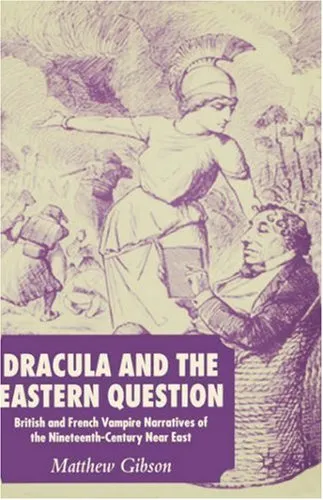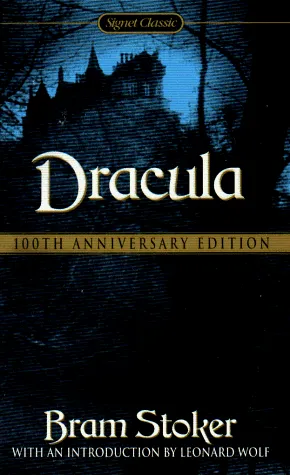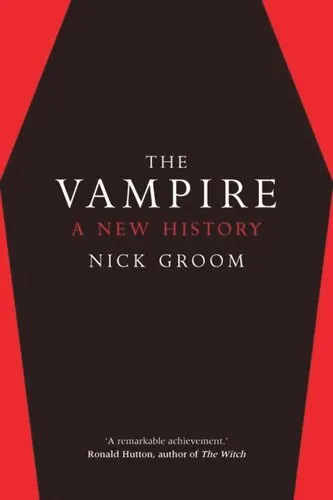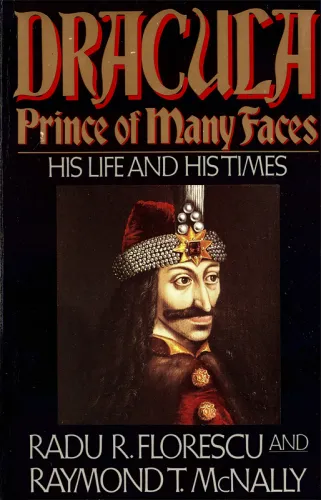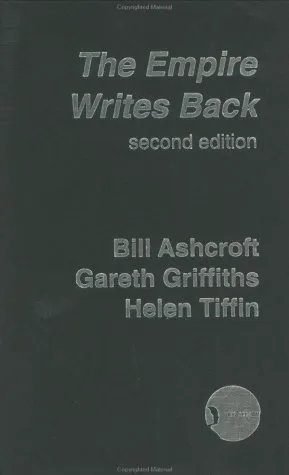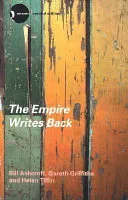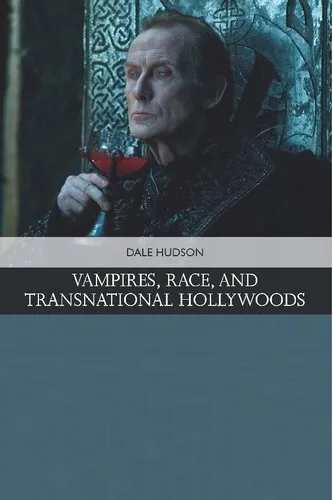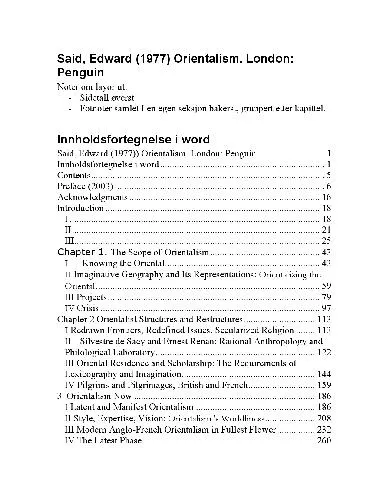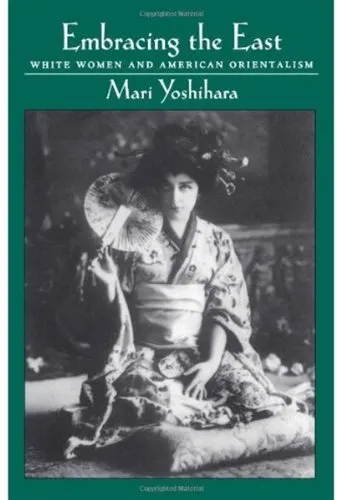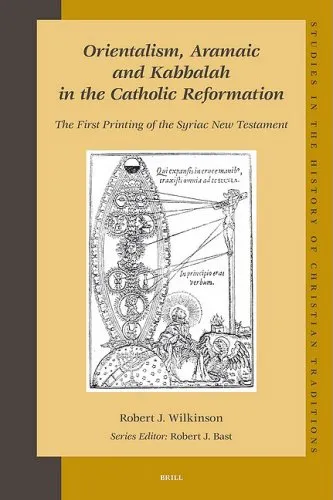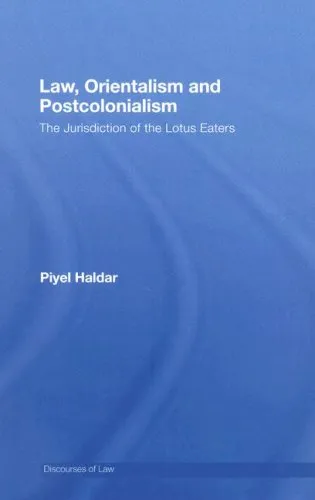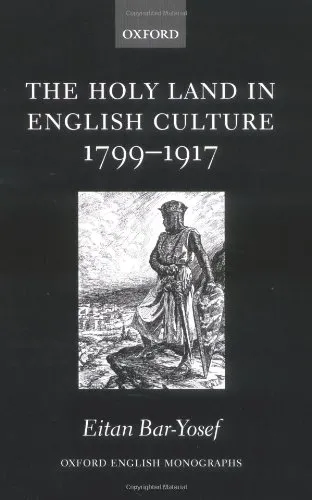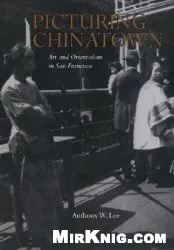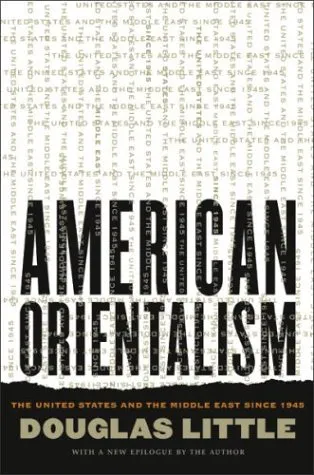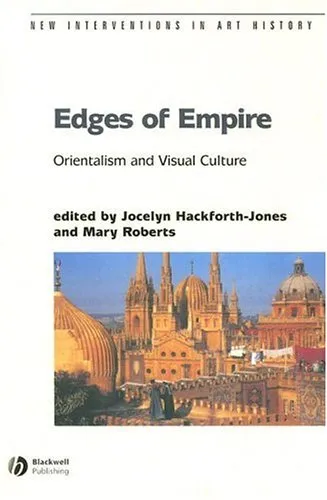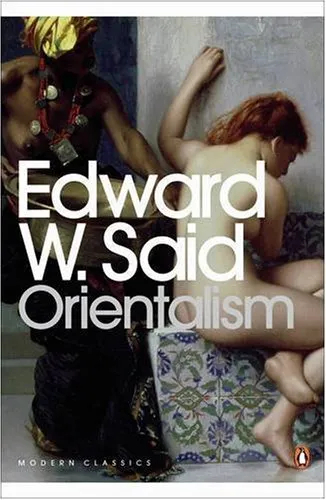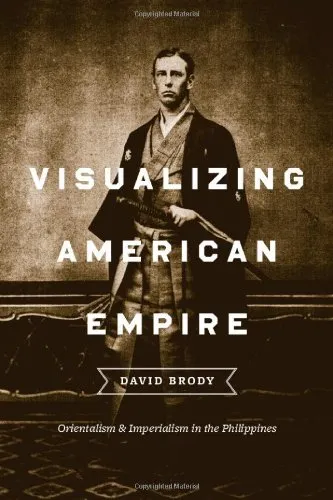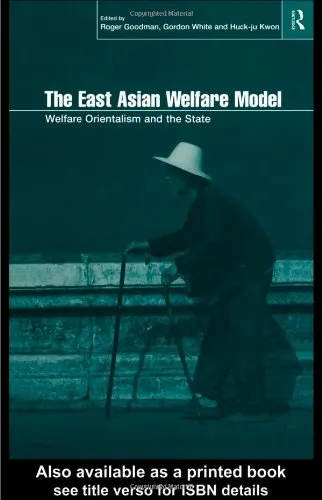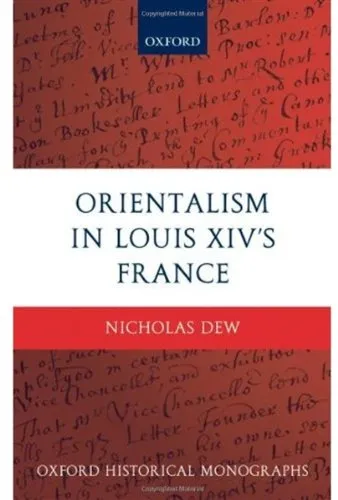Dracula and the Eastern Question: British and French Vampire Narratives of the Nineteenth-Century Near East
3.2
Reviews from our users

You Can Ask your questions from this book's AI after Login
Each download or ask from book AI costs 2 points. To earn more free points, please visit the Points Guide Page and complete some valuable actions.Related Refrences:
Introduction
Welcome to a profound exploration of the entwined narratives of Eastern Europe and the Near East through the lens of vampire lore in the 19th century. "Dracula and the Eastern Question: British and French Vampire Narratives of the Nineteenth-Century Near East" delves into the intricate relationship between geopolitical anxieties and cultural production, using the archetype of the vampire as a metaphor for the perceived threats from the East.
Detailed Summary of the Book
The book offers a compelling examination of British and French literary works that utilize the vampire as a central figure to address the "Eastern Question," a term used in the 19th century to describe the political challenges and tensions surrounding the decay of the Ottoman Empire. Exploring both celebrated and lesser-known texts, this volume elucidates how vampire narratives mirrored the anxieties of Western European powers as they grappled with the socio-political transformations in Eastern Europe and the Near East.
Through meticulous analysis, the book positions seminal works such as Bram Stoker's Dracula within the broader context of imperial and Orientalist discourse. Furthermore, it highlights how French and British authors projected their fears, prejudices, and fascinations onto the figure of the vampire, transforming it into a symbol of both the allure and menace of the East. The study is steeped in historical context, providing readers with a deep understanding of how literature can reflect and influence public perception and foreign policy.
Key Takeaways
- The vampire serves as a metaphor for the threat posed by the East to Western security and purity.
- Literary narratives reveal underlying national anxieties and attitudes towards the Near Eastern political landscape of the 19th century.
- The book provides insights into how cultural artifacts can both reflect and shape geopolitical discourses.
- Understanding the historical roots of these narratives enriches our comprehension of modern cultural and political dynamics.
Famous Quotes from the Book
"In the shadows of the vampire lies the silhouette of empires, creaking under their own weight and fearing the unknown possibilities of foreign dominion."
"As Dracula roams the fog-laden streets of London, he carries with him the whispers of distant lands and the encroaching specter of Eastern power."
Why This Book Matters
In an era where global relations are as tumultuous as ever, understanding the historical context of how cultures perceive and portray 'the other' becomes crucial. This book is not just a study of vampiric tales but a reflective mirror on the present geopolitical climate. It reminds readers that cultural representations can wield considerable influence over public opinion and international relations.
By dissecting the fantastical fears embedded in these narratives, "Dracula and the Eastern Question" provides a blueprint for interpreting modern-day discourses on cultural and political tensions. It underscores the power of literature not just to entertain, but to provoke thought and instigate dialogue on the underlying motives and consequences of international relations.
Free Direct Download
You Can Download this book after Login
Accessing books through legal platforms and public libraries not only supports the rights of authors and publishers but also contributes to the sustainability of reading culture. Before downloading, please take a moment to consider these options.
Find this book on other platforms:
WorldCat helps you find books in libraries worldwide.
See ratings, reviews, and discussions on Goodreads.
Find and buy rare or used books on AbeBooks.
1372
بازدید3.2
امتیاز0
نظر98%
رضایتReviews:
3.2
Based on 0 users review
Questions & Answers
Ask questions about this book or help others by answering
No questions yet. Be the first to ask!
